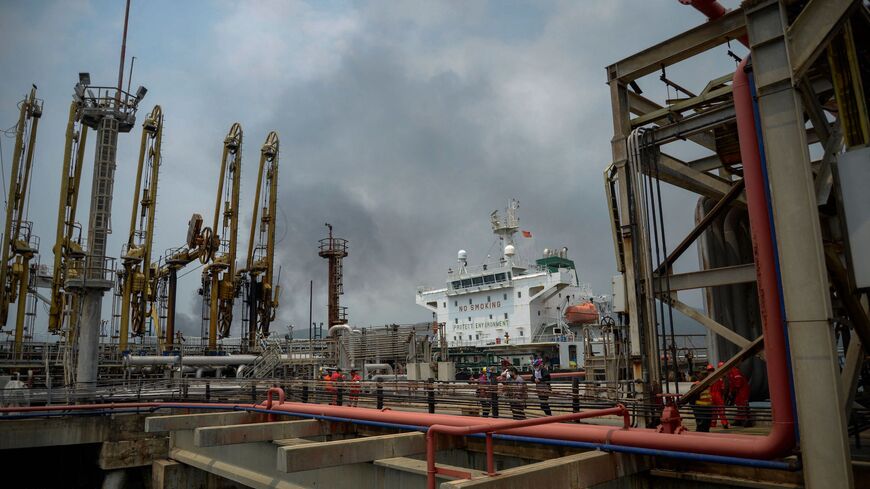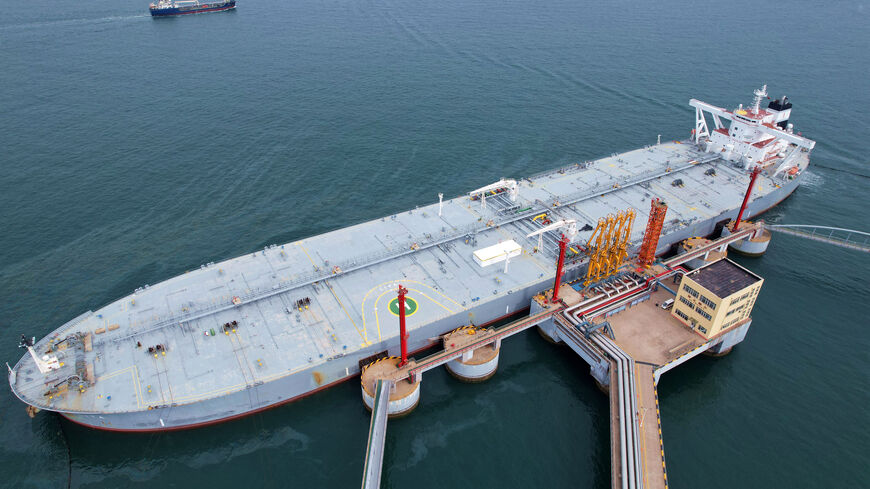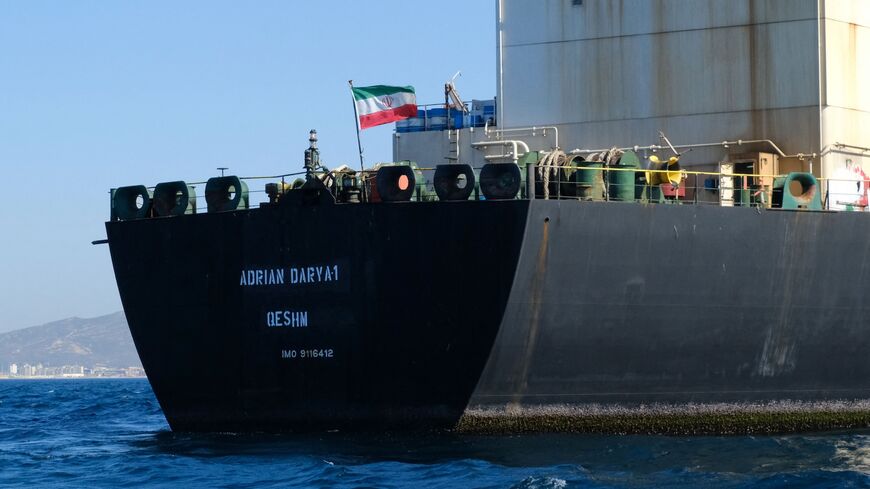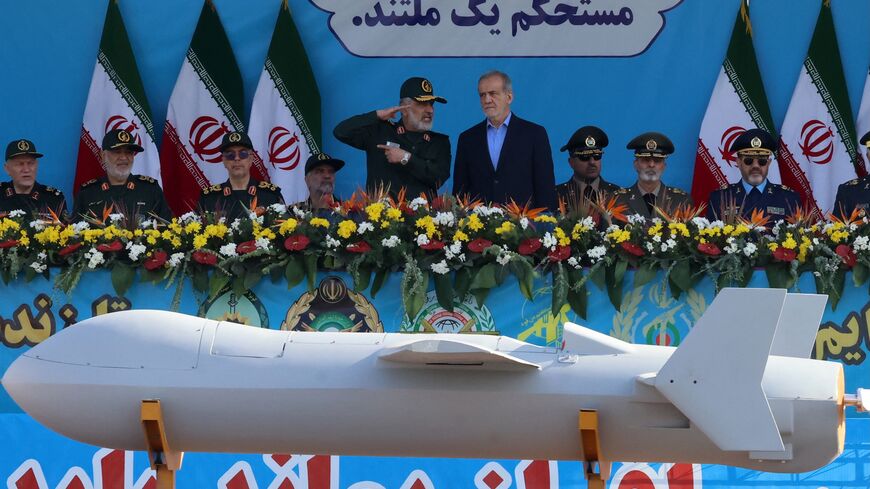US targets Iran oil exports with sanctions after Israel attack
The sanctions on Iran’s shadow fleet of tankers follow pressure from Republicans calling for harsher penalties on Iran’s oil exports, especially to China.
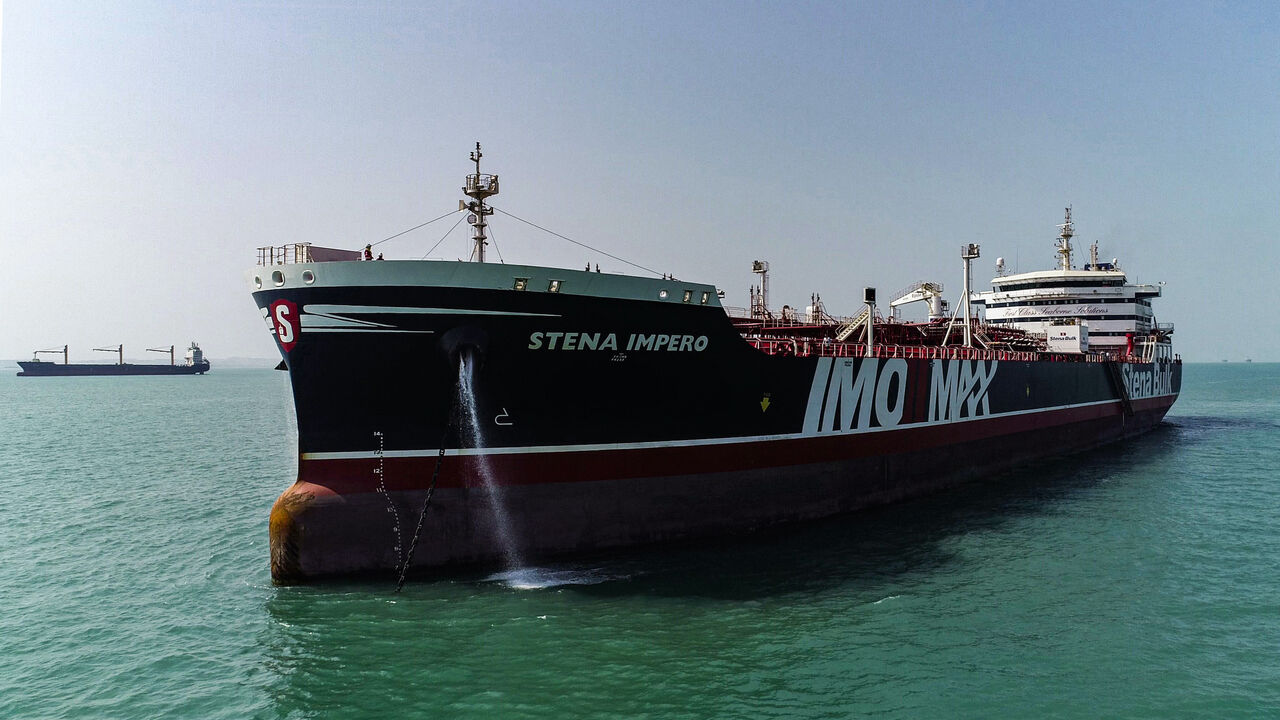
WASHINGTON — The Biden administration issued sweeping sanctions Friday targeting Iranian oil exports after vowing to impose consequences over Tehran’s massive missile attack on Israel.
The measures are designed to intensify financial pressure on Iran, including by limiting its ability to earn the energy revenue it uses to fund its proxies across the Middle East, the US Treasury Department said in a statement. The department said its sanctions targeted “a significant portion” of the shadow fleet of tankers and illicit operators that move Iran’s petroleum exports.
Secretary of State Antony Blinken said in a statement Friday that the United States is “committed to curtailing Iran’s sources of revenue for its malign activities.”
“As long as Iran devotes its energy revenues to funding attacks on our allies, supporting terrorism around the world and pursuing other destabilizing actions, we will continue to use all the tools at our disposal to hold it accountable,” Blinken said.
The sanctions come as Israel weighs its response to Iran’s Oct. 1 ballistic missile barrage. President Joe Biden has called on Israel to avoid striking Iran’s nuclear program and urged it to consider alternatives to an attack on Iranian oil facilities that could drive up global prices less than a month before the US election.
Iran’s missile attack — its second ever on Israel launched from its territory — came in retaliation for Israel’s killing of senior leaders of Hezbollah, Hamas and Iran’s Islamic Revolutionary Guard Corps. The strike caused limited damage and was largely thwarted by Israeli, US and allied air defense efforts.
The Biden administration has imposed hundreds of sanctions on Iran-linked targets since taking office, but Iran hawks in Congress have called for stronger action against the country's illicit energy exports, especially to China.
Exports to China — by far Iran’s biggest purchaser of crude oil — have helped keep the Iranian economy afloat since the Trump administration’s 2018 withdrawal from the nuclear deal closed off Iran’s ability to export oil to Europe, South Korea, Japan and other international customers. US officials say Iran employs a range of evasion tactics to circumvent sanctions and conceal shipments bound for China, including a network of intermediaries and environmentally risky ship-to-ship transfers in open waters.
The Treasury Department said it took action Friday in the spirit of the Stop Harboring Iranian Petroleum Act, bipartisan legislation to sanction foreigners involved in the trade of oil from Iran.
This developing story has been updated since initial publication.

